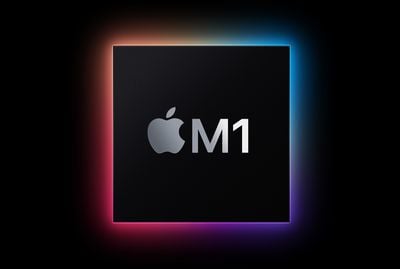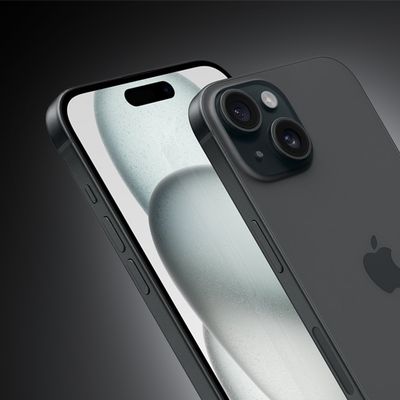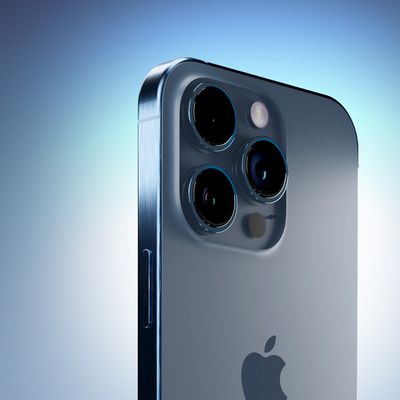Apple's former Director of Mac System Architecture Jeff Wilcox this week announced that he has left Apple to take on a new role at Intel. As noted on LinkedIn (via Tom's Hardware), Wilcox was part of Apple's M1 team and he had a key role in the transition from Intel chips to Apple silicon.

Wilcox's profile says that he "led the transition" for all Macs to Apple silicon, and prior to that, he developed the SoC and system architecture for the T2 coprocessor used in Intel Macs.
Director of the Mac System Architecture team that included all system architecture, signal integrity and power integrity for Mac systems. Led the transition for all Macs to Apple Silicon beginning with M1 chip, and developed the SoC and system architecture behind the T2 coprocessor before that.
When Wilcox announced his departure from Apple in December, he said that he was pursuing a new opportunity and that he was proud of what he had accomplished at Apple.
After an amazing eight years I have decided to leave Apple and pursue another opportunity. It has been an incredible ride and I could not be prouder of all we accomplished during my time there, culminating in the Apple Silicon transition with the M1, M1 Pro and M1 Max SOCs and systems. I will dearly miss all of my Apple colleagues and friends, but I am looking forward to the next journey which will start at the first of the year.
Wilcox spent eight years working at Apple, and as of this week, he is the Design Engineering Group CTO at Intel. Wilcox says that he will be responsible for the architecture of all SoCs for all Intel client segments. Prior to working for Apple, Wilcox was at Intel where he served as a principal engineer on PC chipsets, and prior to that, he worked at Magnum Semiconductor and Nvidia.
The Apple silicon team is led by Johny Srouji, Apple's vice president of hardware technologies, and it's not clear if Wilcox's departure will have much impact on the development of Apple silicon chips going forward. Apple is well into its Apple silicon transition and is expected to complete it in 2022 with the launch of new Mac Pro and iMac Pro machines that use Apple silicon chips.
Intel CEO Pat Gelsinger in October said that he hopes to win back Apple's business in the future by creating "a better chip" than Apple can make. He also said that he is planning to ensure that Intel's products are "better than theirs," and that Intel has a more open and "vibrant" ecosystem. "I'm going to fight hard to win Tim's business in this area," he said.
Intel earlier this week introduced a new Core i9 processor designed for laptops, and the company has claimed that it is faster than Apple's M1 Max chip used in the 14 and 16-inch MacBook Pro models.



















Top Rated Comments
I also find it amusing how every time someone leaves it’s “the person responsible for apple silicon.” So many people who did all the work themselves, apparently!